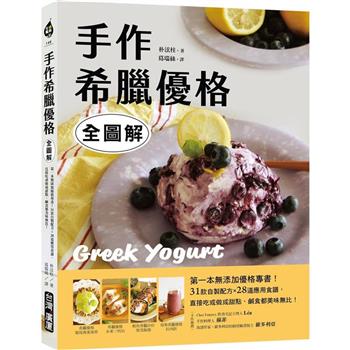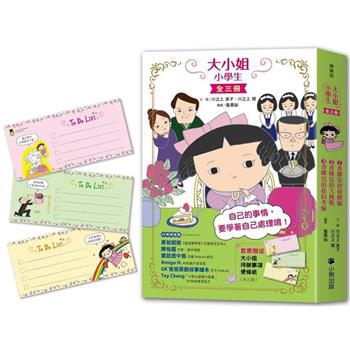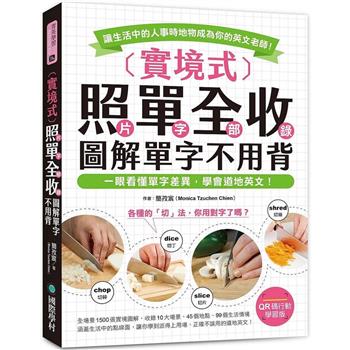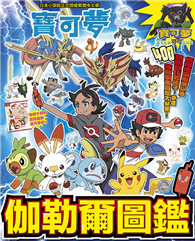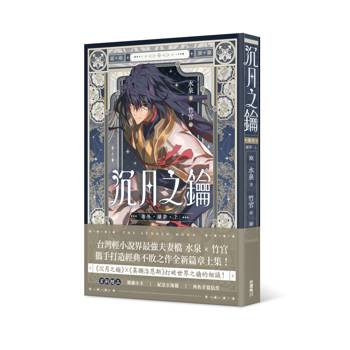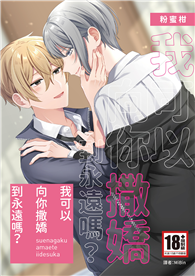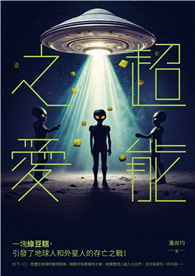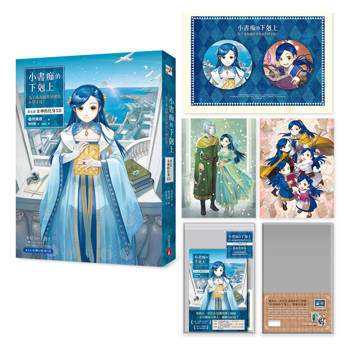Sola Njoku is a freelance writer and editor, children’s author and mum of two living in Berkshire, England. Sola is currently researching Yoruba culture and Anglophone African Literature with a view to progressing onto a doctorate programme. She has been engaged in literary and arts journalism for over a decade, and had worked with BBC Africa, The Caine Prize and Granta. Her writing has been featured in Wasafiri, Next Newspapers, The Guardian, The Punch and many other Nigerian publications. She has recently published Moyo ati Kayin Books, a series of bilingual children’s books in three Nigerian Languages in a bid to promote early multilingualism and an create an avenue for children to develop simultaneously a love of languages and literature. Follow her @yorubamama and @readerinafricanliterature
Moso Sematlane is a writer and filmmaker living in Maseru, Lesotho. His works have been published in Nat. Brut, The Kalahari Review, and adda, the online literary magazine of the Commonwealth Foundation. His story "Tetra Hydro Cannabinol" was shortlisted for the 2020 Commonwealth Short Story Prize, and his film "The Season Hyssops" won best unproduced script at the Writer’s Guild of South Africa Muse. He is an assistant editor at Lolwe. Follow Moso @mososematlane.
Aba Amissah Asibon is a Ghanaian writer, and is an SSDA Inkubator Fellow 2022. Her poetry and short fiction have been published in Guernica, adda, The Kalahari Review, The University of Chester’s Flash Magazine, African Roar and The Johannesburg Review of Books. She has been shortlisted for the Commonwealth Short Story Prize and the Miles Morland African Writing Scholarship. Aba was also long listed for the 2016 Short Story Day Africa Prize and featured in the prize’s anthology, Migrations. She is a recent nominee of The Rolex Mentor and Protégé Arts Initiative. Aba’s work focuses primarily on contemporary African narratives through prose, and she aims to use her writing as a platform to challenge perceptions and push boundaries. She has had her work discussed and highlighted on online magazines such as LitNet and Africa in Dialogue.
Kabubu Mutua is an SSDA Inkubator Fellow 2022. He grew up in Machakos, Kenya. He was longlisted for the 2021 Afritondo Short Story Prize and shortlisted for the 2022 Peters Fraser and Dunlop Queer Fiction Prize. His work appears in The Hope, The Prayer, The Anthem anthology by Afritondo, A Long House, and the Commonwealth Writers adda magazine. Follow him @kabubumutua
Doreen Anyango is a Ugandan fiction writer, scriptwriter and biotechnologist, who was born and raised in Kampala. Her short fiction has appeared online in several journals. She has published short stories in print anthologies with FEMRITE, Writivism, Short Story Day Africa and Riptide. She was long-listed for the Writivism prize for fiction in 2016 and the SSDA prize in 2020. Her novel manuscript titled ’A Darkness with Her Name On It’ was shortlisted for the Island Prize for debut African novelists.
Salma Abdulatif Yusuf is a recipient of the Global Voices Scholarship Award currently pursuing a Masters in Creative Writing (Poetry) at the University of East Anglia, Norwich. She is a winner of the East African Writing Contest, The Coastal Essay Contest and her work has appeared in the Coast Women Magazine. She has been involved with various literary engagements including Honey Badgers in Uganda, Bookmart in Tanzania, Hekaya Arts Initiative and the Heroe Book Fair in Kenya. She was longlisted for the Griots Well Programme for BAME Writers. Her work has been published in Lolwe, Ink, Sweat and Tears, Arts Against Extremism, and Doek, among others.
Zanta Nkumane is a writer, journalist and ex-scientist from Eswatini. His work has appeared on Okay Africa, ThisIsAfrica, Mail & Guardian, Racebaitr, Kalahari Review, City Press, Arts 24,
New Frame, Amaka Studio, Doek, Lolwe, Olongo Africa, The Republic & The New York Times. He contributed essays to queer anthologies We’re F**king Here (2021) and Touch: Sex, Sexuality and Sensuality (2021). Zanta is the non-fiction editor at Doek! Follow Zanta @Zanta_Nk
Emily Pensulo is a Zambian writer masquerading as a banker during her weekdays. She holds an undergraduate degree in Business Administration and a master’s degree in Economic Policy Management. She’s written a biography of a local conservationist which is yet to be published and her writing has appeared in local magazines such as the Bulletin and Record and the Zacci Journal. She has also been published by the Kenyan magazine, Down River Road. In 2018, Emily was longlisted for the Kalemba Prize for her short story, ’Dowry.’ And in 2020, she worked as a scriptwriter for a film project called, ’Lifeblood, ’ directed by a BAFTA nominated Director.
N. A. Dawn writes essays, poetry and literary speculative fiction, chiefly concerned with ecological politics and the prickly problem of human flourishing. He holds a BA in English Literature and Environmental Science from the University of Cape Town, South Africa, and has been featured in New Contrast Literary Magazine and Short Story Day Africa. He is known for philosophical digressions, drumming on everything, producing improbably vivid sound effects with his mouth, and for someone who spends so much time at a desk, his roundhouse kicks are actually quite nimble. Follow Nick @nadawnauthor
Khumbo Mhone is an actor turned marketer and entrepreneur living and working in Malawi. She received her undergraduate degree in Theatre and English from the University of Denver in Colorado before moving to New York where she worked as a professional actor for a year. Khumbo moved back to Malawi in 2015 and is currently the Business Development and Marketing Manager at Unicaf University. A contributor to Enthuse Magazine (an online publication based in Zimbabwe), she spends her free time writing her fiction blog, helping the community through Rotaract International, and working on her new novel about rain priestesses in pre-colonial Malawi. Follow her @kcmhone
Josephine Sokan is a Nigerian-born writer who moved to the UK as a child. She fell in love with literature in those tender years and now writes poetry, short stories, audio and stage scripts and articles on faith and motherhood. She is currently working on her first novel. Josephine relishes filling blank pages with stories that ask important questions. She enjoys exploring the delicate and difficult. Her work often deals with themes such as female identity, motherhood, the perceptions and attitudes towards mental health, "otherness" and faith from an Afro-European and very personal lens. She is a wife to her best friend and a mum to two cheeky little boys. She is a lover of romance but despises love stories. She is also a Nollywood connoisseur and enjoys experimental cuisine (eat at your own peril). Follow her @jo.sokan
Yovanka Paquete Perdigão is a Bissau-Guinean writer. Born in Lisbon, Yovanka grew up in Guinea-Bissau until the age of six when a civil war forced her to relocate to Lisbon. She has since lived in Abidjan, Dakar, the UK and Ireland.Yovanka’s writing has been deeply inspired by her early experiences of conflict. When she returned to Guinea-Bissau after more than twenty years, she became interested in researching Portuguese colonial legacies in Lusophone Africa, discovering the impact across oceans and in her own family. Yovanka has since worked to champion Lusophone African stories as an editor, and translator at Dedalus Books, and formerly as a podcaster on the Not Another Book Podcast. Yovanka’s writing has been featured in several platforms such as the Johannesburg Review of Books and AFREADA, and shortlisted for Penguin 2016 WriteNow, The Spread the Word’s City of Stories competition and the Miles Morland 2018/19 scholarship. In 2021, she was selected as one of the 100 most influential people from the Portuguese-speaking world. Follow her @postcolonialchild
Mentors include Tochukwu Okafor, Karen Jennings, TJ Benson, Doreen Baingana, Olumide Popoola and Emma Shercliff.
Edited by Rachel Zadok and Helen Moffett.
Rachel Zadok was born in Tel Aviv and raised in Johannesburg. She has a National Diploma in Fine Arts. In 2001, she escaped a career in advertising to become a writer, which she describes as being a little like running away to join the circus without the safety net. She is the author of two novels: Gem Squash Tokoloshe (2005), shortlisted for The Whitbread First Novel Award and The John Llewellyn Rhys Prize, and longlisted for the IMPAC Award; and Sister-Sister (2013), shortlisted for the University of Johannesburg Prize and The Herman Charles Bosman Prize, and longlisted for the Sunday Times Fiction Award. She lives in Cape Town with her husband and daughter. Helen Moffett is an author, editor, poet, academic and activist. She has a PhD from the University of Cape Town, was a President’s Fellow at Princeton University, and has held post-doctoral fellowships at Mount Holyoke College, Emory University and UCT’s African Gender Institute. She has lectured as far afield as Trinidad and Alaska, but calls Cape Town home. Her publications include university textbooks, a treasury of landscape writings (
Lovely Beyond Any Singing), a cricket book (with the late Bob Woolmer and Tim Noakes), an animal charity anthology (
Stray, with Diane Awerbuck) and the
Girl Walks In erotica series (with Sarah Lotz and Paige Nick). She has also published two poetry collections -
Strange Fruit(Modjaji Books) and
Prunings (uHlanga Press), with the latter joint winner of the 2017 SALA prize for poetry. She has edited the last three Short Story Day Africa anthologies,
Migrations,
ID and
Hotel Africa. She has written a memoir of Rape Crisis, and two green handbooks:
101 Water-wise Ways and
Wise About Waste: 150+ ways to help the planet. Her wordless book for children,
Toast, created with artist Alex Latimer and designer Jennifer Jacobs was the hundredth title published by literacy NPO Book Dash. She is a contributor to the popular
Feminism Isand Living While Feminist essay collections, edited by Jen Thorpe, as well as numerous other essays, journal articles and media pieces. Her first novel,
Charlotte (a
Pride & Prejudice sequel), was published by Bonnier in the UK in 2020.

